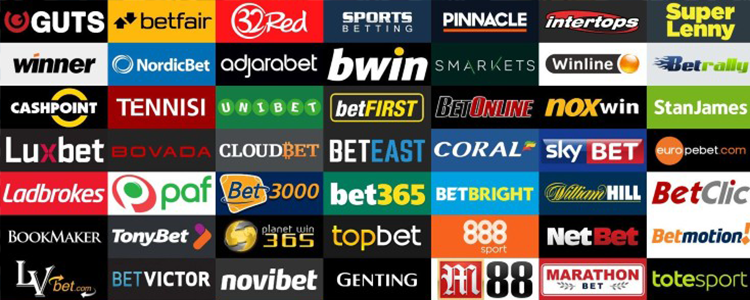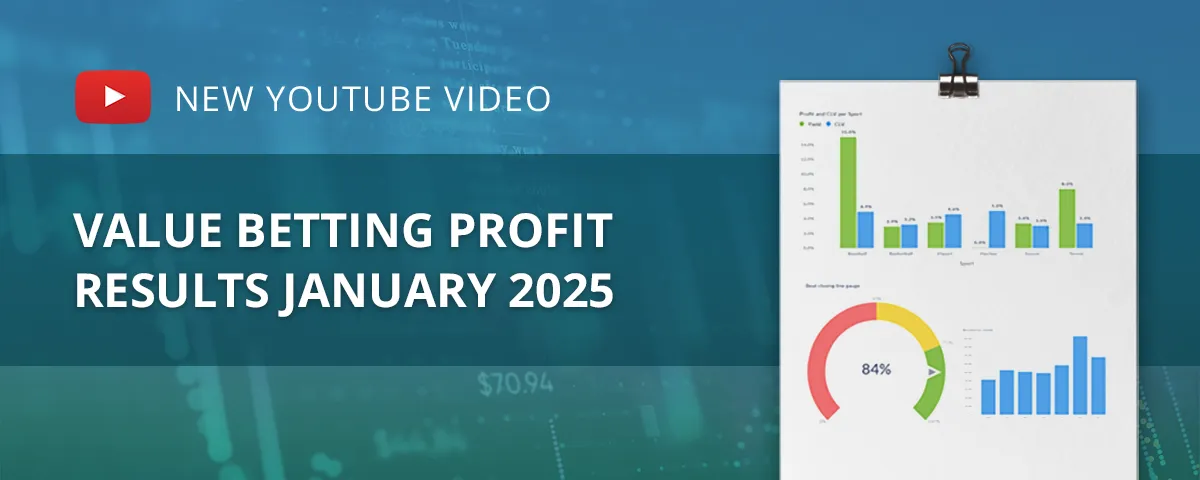Have you ever come across the terms soft and sharp bookmakers? In this article, we’ll explain what this means, and why the sports betting industry is split into these two groups.
Sharp bookmakers
Some bookmakers have very fast-moving odds that are close to the true probability of a match. They usually use sophisticated mathematical models and a combination of automatic software and experienced traders that constantly adjust the odds in relation to events and the market. These bookmakers are called sharp. Many Asian bookmakers are considered sharp.
Soft bookmakers
A soft bookmaker typically changes their odds slower and has more attractive odds aimed at the casual player. This means their odds less often reflect the true probability of a match. When a sharp changes its odds, it can take minutes or even hours before the soft bookmaker makes the same adjustment. For instance, if an important player gets injured before a game, it’s not uncommon for a sharp bookmaker to adjust their odds in a matter of seconds.
A soft bookmaker doesn’t mean it’s clueless
There is a reason the majority of bookmakers are considered soft. They make a ton of money. Soft bookmakers usually have access to the same sophisticated technologies that would let them have the most “accurate” odds but choose not to use it. Their goal is to maximize their profit by focusing on the largest customer segment – casual players. By having large margins, often 6-8%, the amount of money they make more than covers for the small number of experts that take advantage of their overpriced odds. They also often take customer biases into account when pricing odds, fully aware that these “incorrect” odds will increase their profits.
Sharp bookmakers operate under a different business model. It’s called “reduced margin pricing” and it is based on getting the highest possible revenue by offering high stakes and low margins. Their players are more likely to be professionals that bet large amounts. For this model to work, their odds need to change quickly and be very close to the true probability.
Why you should use both soft and sharp bookmakers
Using sharp bookmakers when sure betting (arbitrage betting) is great since they allow high stakes and won’t limit you. One of the most renowned sharp bookmakers is Pinnacle, which openly welcomes arbitrage players and doesn’t care if you use a software that makes you a consistent winner in sports betting.
When value betting, you should be a bit more cautious.
Unlike sharps, soft bookmakers will eventually limit you if they find out that you are a smart trader, like an arber. You should use them for as long as possible, and when (or if) you get limited just move on to another one. RebelBetting supports plenty of bookmakers to benefit from.
An arbitrage opportunity arises when bookmakers present different but sufficiently high odds on each side of an event. These golden opportunities often happen between a soft and a sharp bookmaker – this is why you need them both. Using only sharp bookmakers can be tempting, but it is almost impossible to place arbs between two sharps due to the simple fact that they are very fast at changing odds.
Below is a list of characteristics to help you tell soft and sharp bookmakers apart:
Sharp bookmakers characteristics
- Fast, often automatic odds movements
- Convergent odds movements between sharp bookmakers
- Odds change quickly in response to news and the rest of the market
- Profit based on high turnover and low margin
- Players won’t get limited
- Sharp bookmakers in our products include Pinnacle, BetISN, betting exchanges like Betfair, Smarkets , Matchbook and betting brokers like 3et, Sportmarket and BetInAsia. Many Asian bookmakers are considered sharp.
Soft bookmakers characteristics
- Slower odds movement
- Odds change slowly in response to news and the rest of the market
- The target audience is casual players and gamblers who lose money in the long run
- Don’t like winners and may limit sharp bettors and arbers
- Examples of soft bookmakers are Bwin, William Hill, Coral, Bet365 and Ladbrokes





